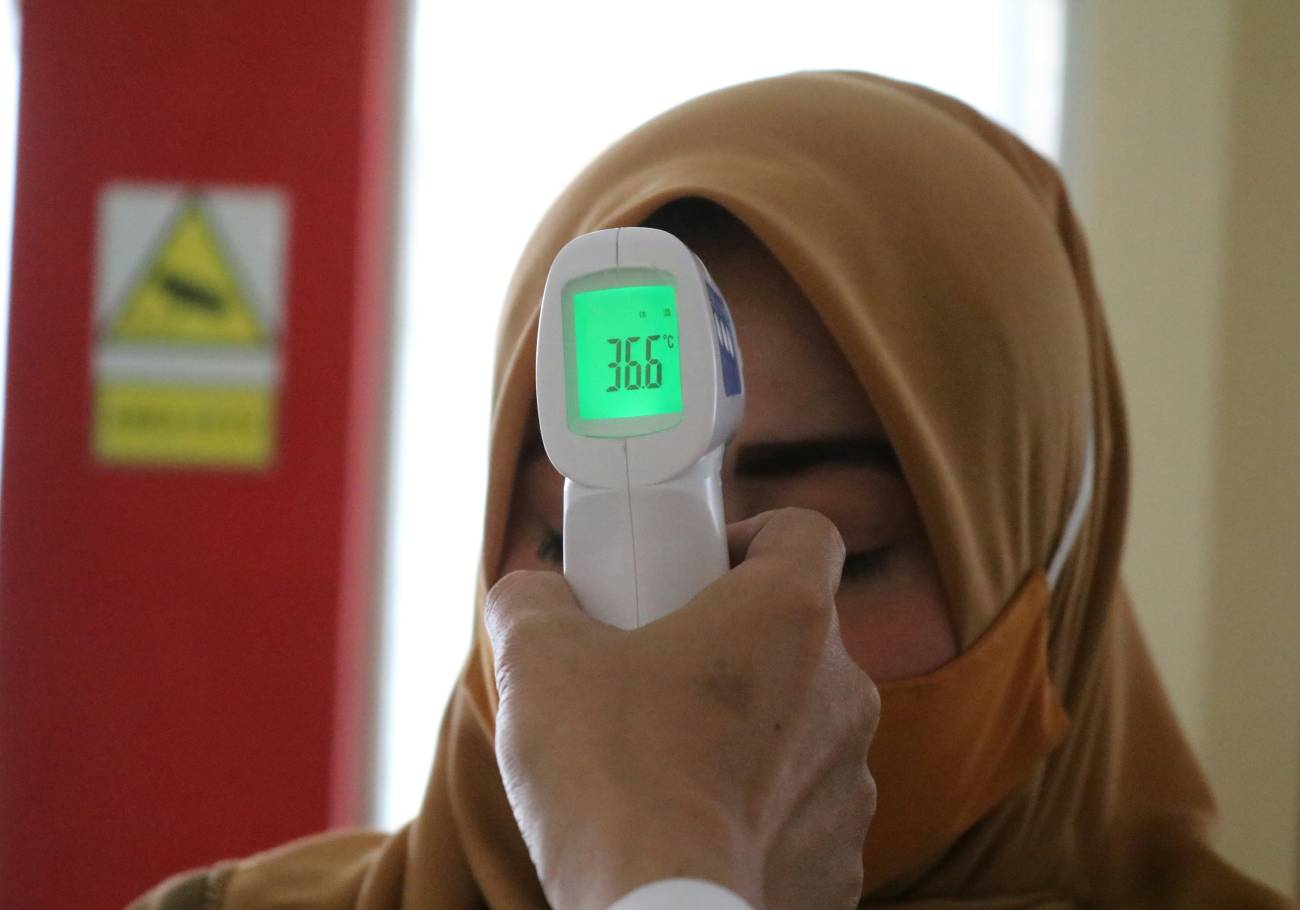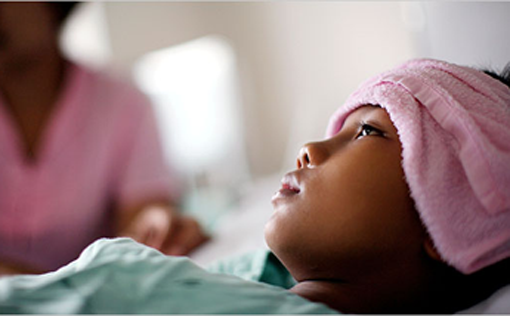
Dengue fever, a relentless public health threat in Malaysia, claimed 122,423 cases and 117 lives in 2024 alone.
Its grip tightens as urban sprawl and tropical conditions fuel mosquito breeding, placing communities, especially women, at grave risk.
The disease’s disproportionate impact on women—physiologically, socially, and economically—demands immediate action to empower them with knowledge and resources.
Dengue’s persistence exposes systemic gaps. Women, often primary caregivers, face unique vulnerabilities, from severe complications to delayed care.
Malaysia must unite—families, communities, and policymakers—to curb this epidemic through education, prevention, and vaccination, ensuring a safer future for all.
Dengue’s disproportionate burden on women

Dr Hon Mun Cheng, a consultant paediatrician, underscores women’s heightened risks.
“Women are more prone to severe dengue due to stronger immune responses, higher viral loads, and lower blood volume,” she said.
This increases susceptibility to hypovolemic shock and internal bleeding, particularly during menstruation.
Pregnant women face dire consequences, Dr Hon added. Dengue can cause premature births, low birth weights, stillbirths, or maternal death.
The virus may also transmit to the foetus, risking severe haemorrhagic symptoms in newborns. These factors necessitate vigilant monitoring for women with low platelets or anaemia.

Socially, women bear a heavier load. As caregivers, they often prioritize family over their health, delaying treatment.
“Delaying care can be life-threatening as dengue progresses rapidly,” Dr Hon warned.
Financial constraints and lack of childcare further hinder access, especially for low-income women.
Hawiah Azit, a 45-year-old mother, shared her harrowing experience. Initially misdiagnosed, her condition worsened, leading to severe bleeding and collapse.
“I was bleeding from my nose and gums,” she recalled.
“I thought I was going to die.”

Her two-week ordeal left her physically and emotionally drained, impacting her active lifestyle.
“Now, I’m vigilant about dengue prevention,” Hawiah said.
After learning about vaccination, she protected her family, including her high-risk husband and teenage daughter.
Her story highlights the long-tail need for “dengue prevention for women,” emphasising education and proactive measures.
Empowering communities against dengue

Malaysia’s 2024 dengue surge, up from prior years, signals an urgent need for action.
Women’s physiological vulnerabilities amplify the disease’s impact, yet social barriers exacerbate outcomes.
Community support—through childcare, financial aid, or workplace flexibility—can ensure timely medical care.
Dr Hon advocates education.
“Women must recognise early symptoms like persistent fever or bleeding and seek help immediately,” she said.

Community-driven efforts, like eliminating mosquito breeding sites and using repellents, are vital. Vaccination, she noted, reduces severe cases, easing healthcare and family burdens.
High-risk groups, including children, the elderly, and those with prior infections, benefit most from vaccination.
Dr Hon urged consultations with doctors, especially in high-dengue areas. This long-tail strategy, “community dengue vaccination efforts,” can lighten the load on vulnerable populations.
Malaysia’s robust healthcare framework positions it to lead, but public engagement must intensify to break dengue’s cycle.

Dengue spares no one, but women face its brunt. Hawiah’s call resonates: “We cannot take dengue lightly.”
Communities must rally, adopting integrated prevention—vector control, education, and vaccination—to protect all, especially caregivers like her.
Malaysia stands at a pivotal moment. By empowering women with knowledge, ensuring healthcare access, and boosting vaccination uptake, the nation can curb dengue’s toll.
Collective action will forge a future where this disease no longer devastates lives, safeguarding communities for generations.
Dr Hon Mun Cheng, consultant paediatrician, and dengue patient Hawiah Azit share insights into dengue and its severe impact on women, in conjunction with World Health Day 2025 this month which aims to prioritize women’s longer-term health and well-being












Add comment